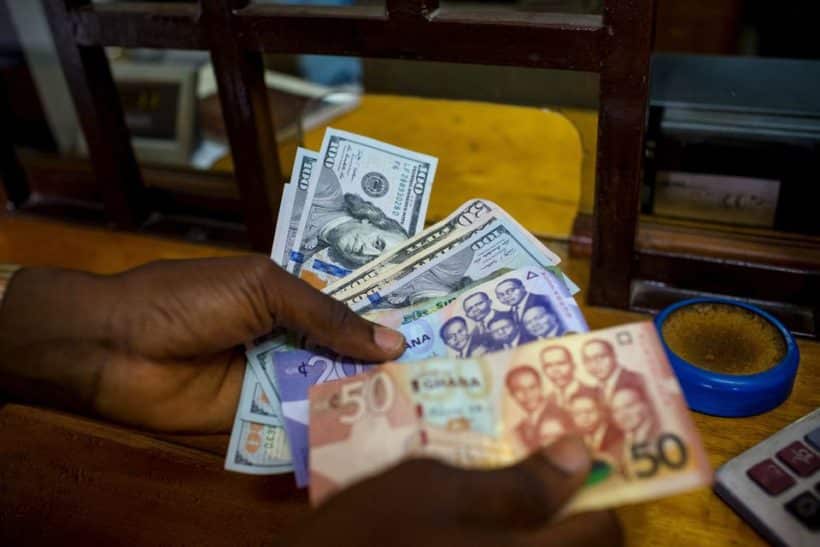
ACCRA, June 24 (Reuters) – Ghana has reached an agreement in principle with two bondholder groups to restructure some$13 billion of international debt, it said on Monday, taking it a step closer to completing its debt overhaul that has been years in the making.
Under the agreement, bondholders will forego about $4.7 billion of their claims and provide cash flow relief of about $4.4 billion during the period of Ghana’s current financial support programme with the International Monetary Fund that is scheduled to end in 2026.
“The formal launch of the consent solicitation is expected in the upcoming weeks,” the government said in a statement.
The agreement will provide Ghana a path to economic recovery through significant debt relief and provision of cash flow, the committee representing international bondholders said in a statement, while welcoming the deal.
The deal comes a week after Ghana struck another agreement with its bilateral creditors, paving the way for the IMF’s executive board to sign off on a $360 million disbursement after the second review of Ghana’s $3 billion programme.
The board is scheduled to meet on June 28.
The West African gold and cocoa producer defaulted on most of its $30 billion in external debt in 2022, after the fallout from the COVID-19 pandemic, the war in Ukraine and higher global interest rates exacerbated economic strains.
It started formal talks with two groups of bondholders in mid-March – a group of Western asset managers and hedge funds and another one including regional African banks.
The negotiations, however, had stalled in April after the proposed deal failed to meet the IMF’s debt sustainability analysis requirements, and both sides were under pressure to finalise an agreement before December elections in Ghana.
Investors are watching Ghana’s debt restructuring closely after Zambia’s bondholders signed off on the southern African nation’s own debt overhaul which was more than three years in the making.
Ghana’s international bonds inched higher on the day, reversing earlier losses, with most of the curve bid between 51-53.5 cents in the dollar, Tradeweb data showed.
(Reporting by Maxwell Akalaare Adombila in Accra and Duncan Miriri in Nairobi, additional reporting by Marc Jones, MaPrerna Bedi, Shanima A and Alexander Winning in Johannesburg; Editing by Karin Strohecker and Anil D’Silva)

